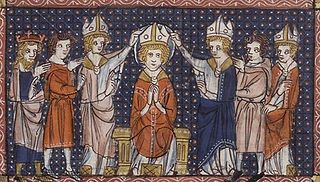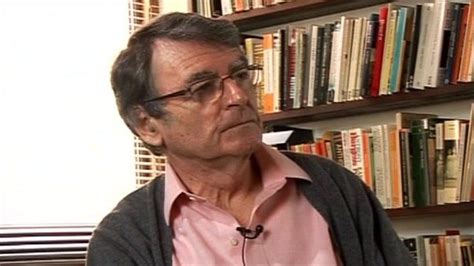A Quote by H. L. Mencken
Here the only genuine conflict is between true believers. Of a given text in Holy Writ one faction may say this thing and another that, but both agree unreservedly that the text itself is impeccable, and neither in the midst of the most violent disputation would venture to accuse the other of doubt. To call a man a doubter in these parts is equal to accusing him of cannibalism. Even the infidel Scopes himself is not charged with any such infamy.
Related Quotes
This organic conception of society, the only vital conception, combines a noble humanism with the genuine Christian spirit, and it bears the inscription from Holy Writ which St. Thomas has explained: "The work of justice shall be peace"; a text applicable to the life of a people whether it be considered in itself or in its relations with other nations.
The discourse on the Text should itself be nothing other than text, research, textual activity, since the Text is that social space which leaves no language safe, outside, nor any subject of the enunciation in position as judge, master, analyst, confessor, decoder. The theory of the Text can coincide only with a practice of writing.
We must be forewarned that only rarely does a text easily lend itself to the reader's curiosity... the reading of a text is a transaction between the reader and the text, which mediates the encounter between the reader and writer. It is a composition between the reader and the writer in which the reader "rewrites" the text making a determined effort not to betray the author's spirit.
For there have risen many who have given to the plain words of Holy Writ some arbitrary interpretation of their own, instead of its true and only sense, and this in defiance of the clear meaning of words. Heresy lies in the sense assigned, not in the word written; the guilt is that of the expositor, not of the text.
With Orff it is text, text, text - the music always subordinate. Not so with me. In 'Magnificat,' the text is important, but in some places I'm writing just music and not caring about text. Sometimes I'm using extremely complicated polyphony where the text is completely buried. So no, I am not another Orff, and I'm not primitive.
The whole history of these books (i.e. the Gospels) is so defective and doubtful that it seems vain to attempt minute enquiry into it: and such tricks have been played with their text, and with the texts of other books relating to them, that we have a right, from that cause, to entertain much doubt what parts of them are genuine. In the New Testament there is internal evidence that parts of it have proceeded from an extraordinary man; and that other parts are of the fabric of very inferior minds. It is as easy to separate those parts, as to pick out diamonds from dunghills.
to read is to surrender oneself to an endless displacement of curiosity and desire from one sentence to another, from one action to another, from one level of a text to another. The text unveils itself before us, but never allows itself to be possessed; and instead of trying to possess it we should take pleasure in its teasing
One of the things I really respect about Doug Moo is that he is constantly grappling with the text. Where he hears the text saying something which is not what his tradition would have said, he will go with the text. I won't always agree with his exegesis, but there is a relentless scholarly honesty about him which I really tip my hat off to.
If a young man gets married, and starts a family and spends the rest of his life working at a soul-destroying job, he is held up as an example of virtue and responsibility. The other type of man, living only for himself, working only for himself, doing first one thing and then another simply because he enjoys it and because he has to keep only himself, sleeping where and when he wants, and facing woman when he meets her on equal terms and not as one of a million slaves, is rejected by society. The free, unshackled man has no place in its midst.
Communism... is the genuine resolution of the antagonism between man and nature and between man and man; it is the true resolution of the conflict between existence and essence, objectification and self-affirmation, freedom and necessity, individual and species. It is the riddle of history solved and knows itself as the solution.
We now know that human transformation does not happen through didacticism or through excessive certitude, but through the playful entertainment of another scripting of reality that may subvert the old given text and its interpretation and lead to the embrace of an alternative text and its redescription of reality.
Not the violent conflict between parts of the truth, but the quiet suppression of half of it, is the formidable evil; there is always hope when people are forced to listen to both sides; it is when they attend to only one that errors harden into prejudices, and truth itself ceases to have the effect of truth, by being exaggerated into falsehood.






































